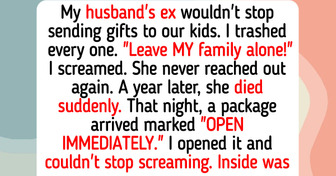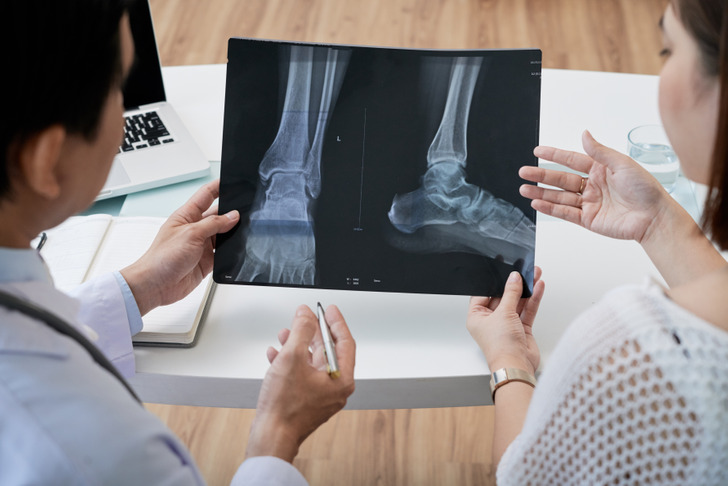I think, I can never earn over which I paid by my precedent employer, but I was wrong, world is so large to try their fate. but now I am making $52/h even more,and easily earn minimum $1300/week, on the experience everyone must try to do work online, easy way to earn, here's an example.
𝐰𝐰𝐰.Richnow1
8 Ways Your Body Might Be Telling You Have a Protein Deficiency
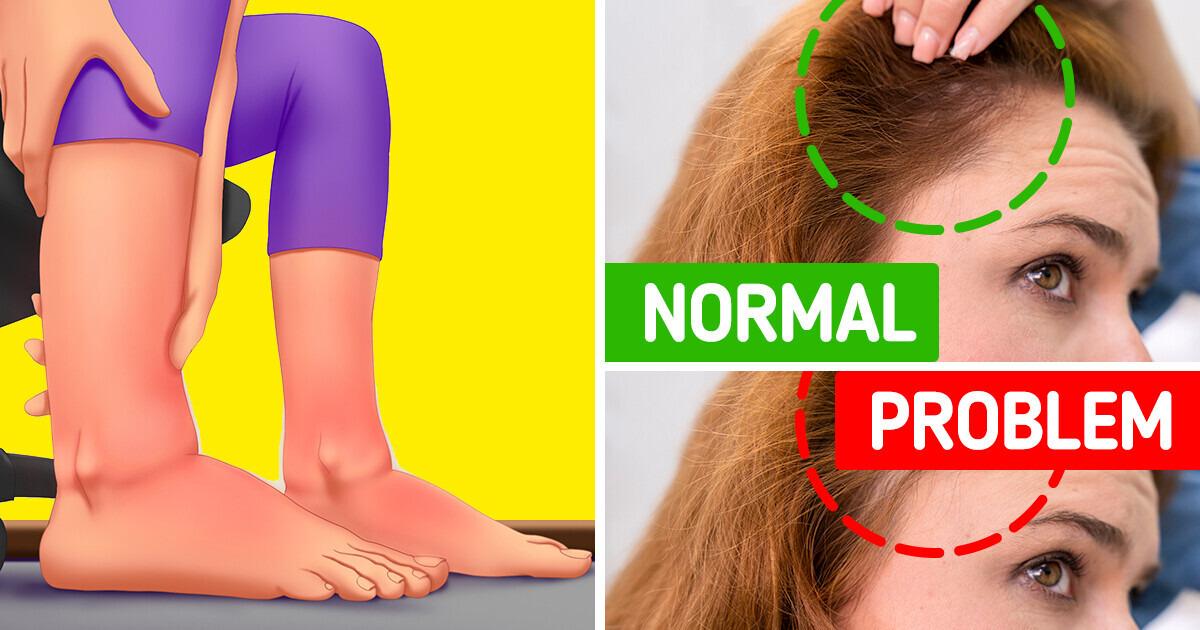
Protein is an important nutrition that plays a key role in the structure and function of muscles, skin, enzymes, and hormones. But not everyone is getting enough protein which can lead to different health problems. Your body may be giving signs if you’re suffering from protein deficiency, which we collected below.
CONTENT IS PROVIDED FOR INFORMATIONAL PURPOSES ONLY AND IS NOT INTENDED AS A SUBSTITUTE OF MEDICAL ADVICE. SEEK GUIDANCE OF YOUR DOCTOR REGARDING YOUR HEALTH AND MEDICAL CONDITIONS.
Skin, nail and hair problems
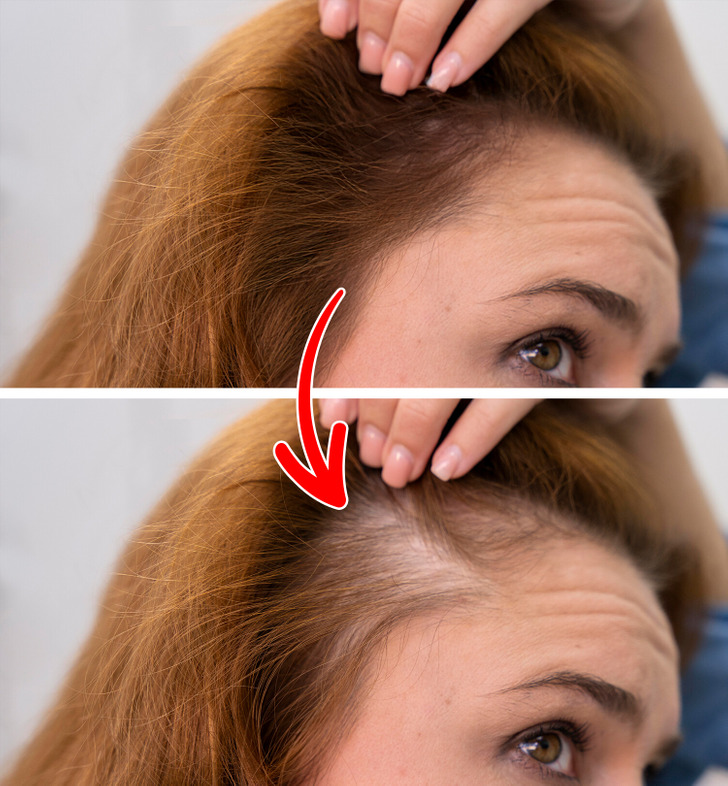
Protein is a major component of skin and hair. When your body can’t make them, protein deficiency can cause your skin to appear paler, drier, or flakier. Your hair may appear more brittle, while your fingernails can have deep ridges.
Mood changes
Protein provides the amino acids crucial for the production of neurotransmitters which relay information between cells. So a lack of protein in your diet could mean your body can’t make enough of those neurotransmitters, and it might change how your brain works. With low levels of dopamine and serotonin, for example, you may feel depressed or overly aggressive.
Edema
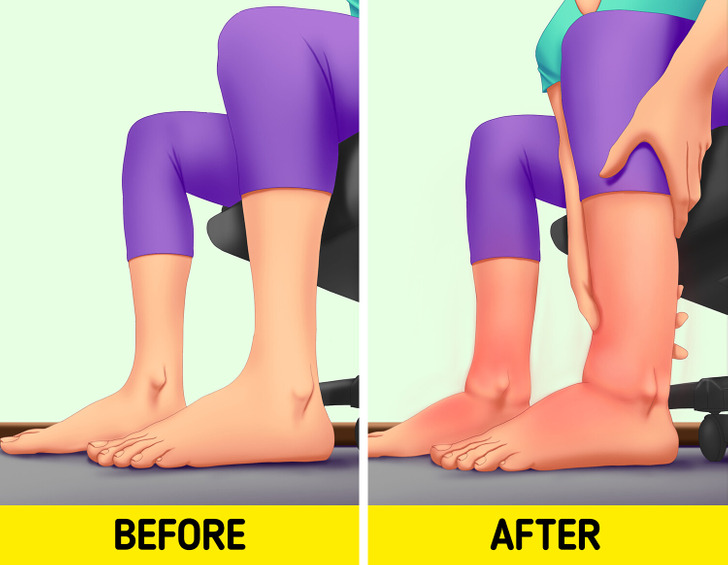
One of the most typical signs of not getting enough protein is swelling — also called edema. The swelling usually happens in your abdomen, legs, feet, and hands. A possible reason for this symptom is to have low levels of a substance called albumin.
Albumin helps keep fluid inside the blood vessels. A lack of albumin can make it hard for the body to balance fluid in blood vessels, which results in fluid accumulation in the body tissues. The body tries to hold onto more water and sodium, which causes swelling. It’s good to bear in mind that edema is a symptom of severe protein deficiency, which is unlikely to occur in developed countries.
Hunger
If you’re not consuming enough protein, your body attempts to restore your protein status by increasing your appetite and encouraging you to find something to eat. This may lead to consuming foods high in carbs and fat to compensate for the lack of protein. However, foods high in carbs and fats aren’t as satiating, high protein foods. Over time, this may lead to eating too many calories, causing unintended weight gain and obesity.
In a healthy diet, a minimum of 10% of your daily calories should come from protein. The best way to fix low protein levels is to eat foods high in protein, such as fatty fish, lean meats, eggs, lentils, legumes, nuts, and low-fat dairy.
Weakness, loss of muscles
Not eating enough protein can make you lose muscle mass, which will cut your strength, make it harder to keep your balance, and slow your metabolism. It can also lead to anemia when your cells don’t get enough oxygen, which makes you tired.
Increased risk of bone fractures
Getting sick more often
A severe protein deficiency can impair your immune system. Protein helps make antibodies that protect you from infection and other illnesses. Protein deficiency leads to fewer antibodies, which can increase your risk of infections. There’s also evidence that protein can change the levels of disease-fighting “good” bacteria in your gut.
Slow healing injuries
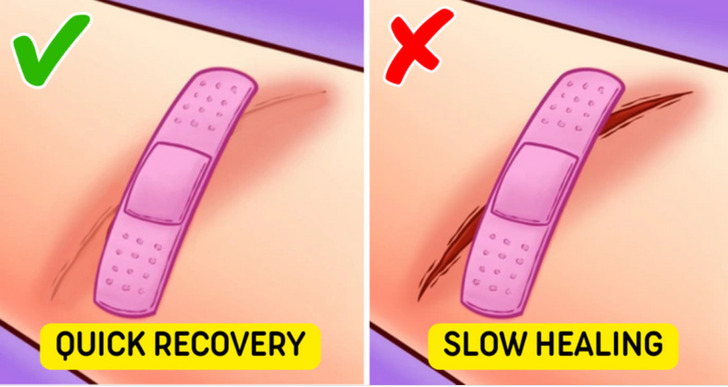
Protein deficiency weakens the immune system by impairing the body’s ability to produce antibodies and cytokines. Cytokines are also involved in wound repair, so protein deficiency is associated with slowed wound healing. People who are low on protein often find their cuts and scrapes take longer to get better. The same seems to be true of sprains and other exercise-related mishaps.
Luckily, protein deficiency is not common in many countries, but older adults or maltreated children can be at risk due to poor protein access or intake. Just like people with underlying diseases associated with impaired protein absorption or metabolism.
If you’d like to know more about the signs of vitamin D deficiency, read this article.
Comments
Related Reads
I Excluded My DIL’s Kids From My Family’s Gathering

10 Moments Where Kindness Didn’t Argue—It Acted

11 Stories That Prove Kindness Still Shines When the World Feels Dark
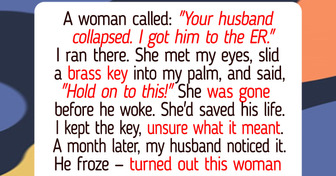
I Refused to Let My Boyfriend Discipline My Child—He’s Not His Real Dad
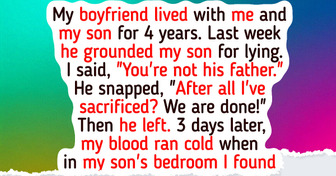
I Kicked My Parents Out of My Graduation—They Didn’t Contribute to My Education

I Refused to Watch My DIL Give Birth— She Made Sure I Regretted That Moment

I Refuse to Let My Boss Control My Breastfeeding Breaks at Work
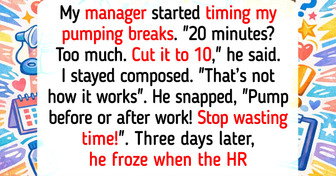
15 Moments That Inspire Us to Keep Our Kindness, Even When the World Gets Heavy

I Refuse to Let My Adoptive Parents Decide My Future in Silence

12 Life Moments Where Quiet Kindness Played the Main Role

I Walked Out of the Family Reunion After My Stepdaughter Handed Me a List of “Rules”

12 Stories That Show the Bravest Thing You Can Do Is to Be Kind
